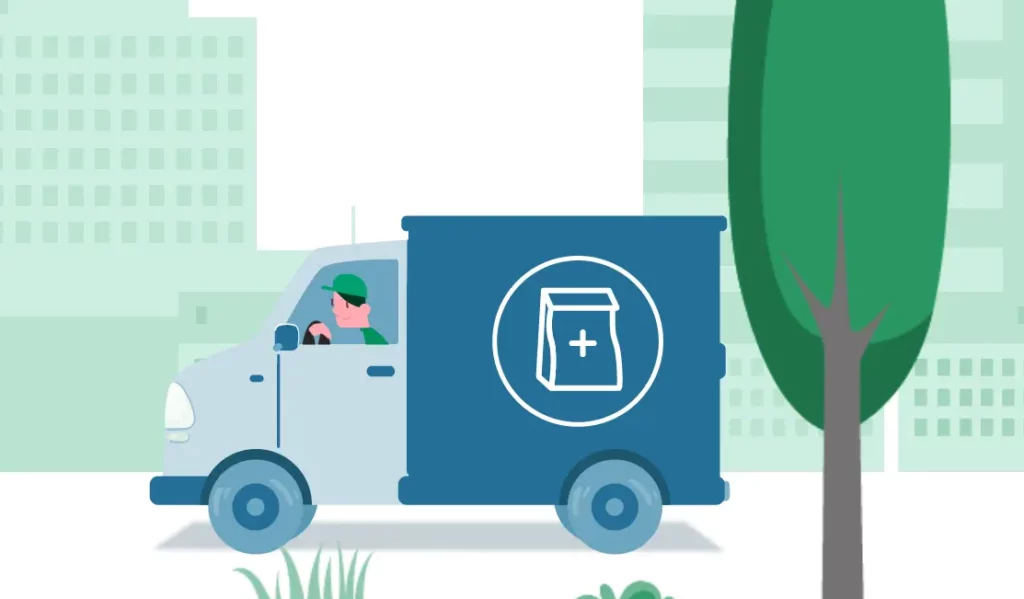What is a stroke?
A stroke is a critical medical event that occurs when the blood flow to the brain is interrupted, resulting in the deprivation of oxygen and nutrients to brain cells.
The consequences of a stroke can be severe and life-altering. Depending on the location and extent of brain damage, individuals may experience various impairments such as paralysis, difficulty speaking or understanding language, and cognitive deficits affecting memory, thinking, and reasoning abilities.
Early recognition of stroke symptoms and immediate medical intervention are crucial for optimising outcomes and minimising long-term disabilities.
What are the symptoms of a stroke?
Recognising a stroke requires being aware of the common signs and acting quickly. To identify a possible stroke, remember the acronym FAST:
- Face: Look for any facial drooping or numbness. Ask the person to smile and check for an uneven or lopsided smile, which may indicate a stroke.
- Arms: Check for arm weakness or numbness. Ask the person to raise both arms and see if one arm drifts downward or cannot be lifted, as it could be a sign of a stroke.
- Speech: Listen for slurred speech or difficulty speaking and understanding. Ask the person to repeat a simple sentence and observe if their words are unclear or incomprehensible.
- Time: Time is critical during a stroke. If you notice any of these symptoms, call 999 immediately and note when the symptoms first appeared.
What are the different types of stroke?
There are two main types of stroke: ischaemic stroke and haemorrhagic stroke.
These two types of stroke can have different underlying causes and require specific approaches to treatment and management.
Ischaemic strokes
Ischaemic strokes are the most common type, accounting for approximately 85% of all strokes. They occur when a blood clot blocks the flow of blood & oxygen to the brain.
Main causes
As you get older, your arteries may naturally become narrower. However, there are certain things that can significantly speed up this process and pose a danger to your health. These include:
- High blood pressure (hypertension)
- Smoking
- Obesity
- Diabetes
- High levels of cholesterol
- Drinking too much alcohol
Haemorrhagic strokes
A haemorrhagic stroke is a type of stroke where bleeding occurs in or around the brain, often due to a ruptured blood vessel. It can lead to damage to brain cells and disrupt normal brain function.
Main causes
The main cause of haemorrhagic strokes is high blood pressure, which weakens the arteries in the brain and increases the likelihood of splitting or rupturing.
Several factors can contribute to high blood pressure, including:
- Smoking
- General lack of exercise
- Stress
- Being overweight
- Drinking too much alcohol
Addressing these risk factors through lifestyle changes and appropriate medical care is important for reducing the risk of haemorrhagic strokes.
Reducing your risk of stroke
Reducing the likelihood of stroke is crucial for maintaining good overall health, although it is important to note that stroke cannot be fully prevented.
However, there are several measures individuals can take to minimise the risk of experiencing a stroke:
- Control blood pressure and cholesterol with medication, a healthy diet, and regular monitoring
- Stay physically active with a balanced diet to maintain a healthy weight
- Quit smoking and moderate alcohol consumption
- Manage other health conditions effectively
If you have been identified as being more likely to suffer from heart problems and stroke, you may be prescribed a medication like clopidogrel, which helps to prevent blood clots from forming in the body.
Reduce Your Risk with Healthera
If you have been identified as being more likely to suffer heart problems and stroke, you may be prescribed a medication like clopidogrel, which helps to prevent blood clots from forming in the body.
You can use your Healthera app to order your prescription online and set medicine alarms, so you always take your dose at the right time everyday.
To get started, simply click the “Find Medicine” button.

